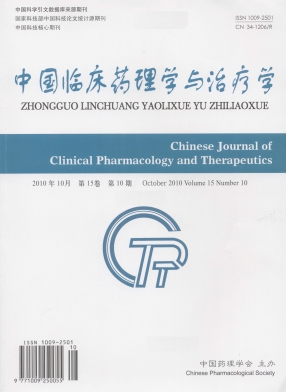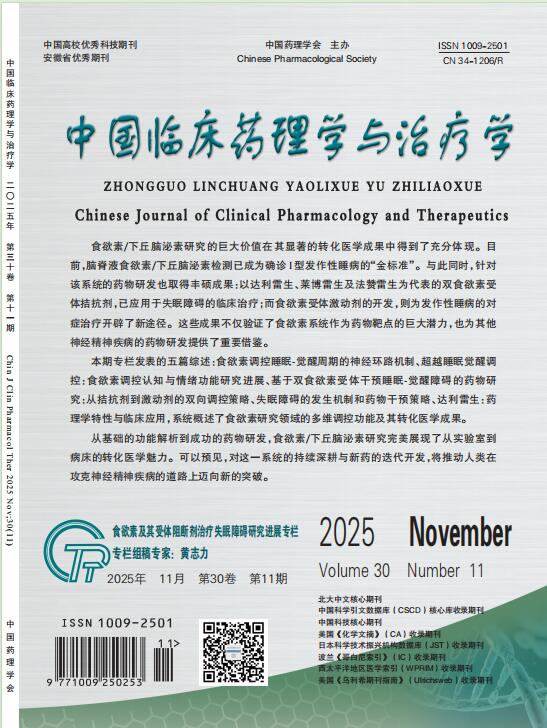Efficacy and safety of amifostine in preventing platinum-induced neurotoxicity: a meta-analysis
DENG Jian-hao, SHI Dao-hua, XUE Zeng-gui, XIAO Lin
2012, 17(10):
1151-1156.
 Asbtract
(
354 )
Asbtract
(
354 )
 PDF (1052KB)
(
213
)
References |
Related Articles |
Metrics
PDF (1052KB)
(
213
)
References |
Related Articles |
Metrics
AIM: To evaluate the efficacy and safety of amifostine in preventing platinum-induced neurotoxicity. METHODS: Retrieve from Cochrane Library, Pubmed, Emabase, Cancerlit, CBM, CNKI, VIP and Clinical Controlled Trials Database. Randomized controlled trials (RCT) were screened according to predefined inclusion and exclusion from the date of their establishment by april in 2012. Then the quality of the included trials was assessed and meta-analysis was performed by RevMan 5.1.4 software. RESULTS: A total of 11 studies involving 949 patients, six was English, while five was in Chinese. The resulted of meta-analyses showed that the experimental group was more effective than the control group in lowering the incidence of neurotoxicity[RR=0.57,95%CI(0.39,0.82),P=0.002], the incidence of severe neurotoxicity[RR=0.49,95%CI(0.29,0.84),P=0.009]; increasing the incidence of vomiting[RR=1.36,95%CI(1.02,1.81),P=0.04], the incidence of hypotention[RR=2.33,95%CI(1.29,4.23)P=0.005]. There were no significant difference between the experimental group and the control group in increasing the incidence of neusea[RR=1.20,95%CI(0.97,1.50),P=0.10]and dizziness[RR=1.44,95%CI(0.50,4.12),P=0.50]. CONCLUSION: Amifostine combine with platinum-based chemotherapy can effectively prevent the incidence of the neurotoxicity, but it will increase the incidence of vomiting and hypotention.


